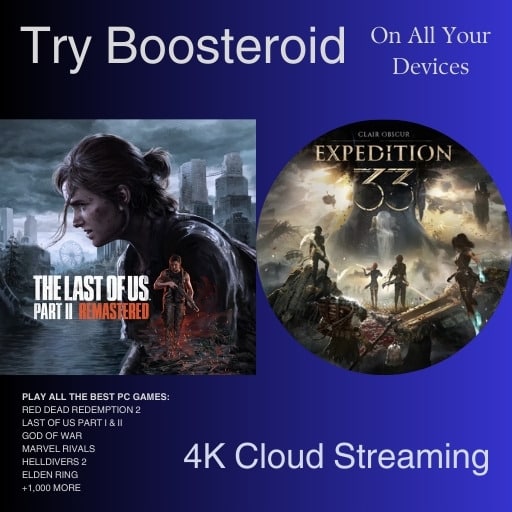
Sony Interactive Entertainment just launched Climate Station, a free app for PlayStation 5 and PlayStation VR2. To begin with, it’s designed to help gamers explore and understand climate change through interactive visuals and real scientific data. In addition, it’s built using the same tech behind PlayStation games, the app is part of Sony’s ongoing work with the United Nations Playing for the Planet Alliance.
Importantly, it’s not the first time PlayStation has supported science-focused efforts. Back on PS3, the Folding@home app let users donate processing power to medical research. As a result, Climate Station follows that spirit, turning real climate data into an experience you can see and explore.
Whether you’re using a 4K display or stepping into VR with PS VR2, the experience is built to be clear and interactive. Let’s take a closer look at what Climate Station offers.
What Is Climate Station?
Climate Station isn’t a game, but it uses PlayStation 5 and PlayStation VR2 tech to present climate science in a new way. It was developed by Sony Interactive Entertainment as part of the Playing for the Planet Alliance, a United Nations-supported initiative focused on sustainability in gaming.
The app turns climate data into something you can move through and explore. On PS5, you use the DualSense controller to zoom around a 3D model of Earth and interact with different data layers. If you’re using PS VR2, you can reach out and manipulate the globe directly using the Sense controllers.
It’s fully interactive, built for curiosity, and free to download on the PlayStation Store. You don’t need any background knowledge. The experience starts with a guided tour that opens up more features as you go.

Explore Four Unique Modes
Climate Station is split into four parts. Each one focuses on a different way to explore and understand climate change.
Weather Year
This mode shows a full year of global weather events using satellite-style visuals. You’ll see storms, wildfires, droughts, and floods as they unfold over time. It also includes data about how these events affected people and places. Patterns like shifting sea ice and greenhouse gas buildup are shown across the planet.
Observations
In Observations, you can explore more than 120 years of temperature data. A globe covered in red and blue pins marks changes from 1901 to today. Red shows warming, blue shows cooling. Clicking a pin reveals detailed records, including temperature trends and climate indicators like ocean heat and sea level rise.
Projections
This mode looks ahead. Specifically, you’ll explore five future scenarios based on carbon emissions and global choices. Furthermore, each one shows how future emissions could affect storms, droughts, biodiversity, and more by 2100. Additionally, you can track the impact of each scenario with visual models and side-by-side comparisons.

Explainer Library
If you want more background, the Explainer Library includes 90 minutes of short videos. These break down complex climate science into easy-to-understand topics like extreme weather and how future projections are made.
Collaboration and Science Credibility
Climate Station pulls data from some of the most trusted sources in climate science. That includes NASA, the National Oceanic and Atmospheric Administration (NOAA), the Intergovernmental Panel on Climate Change (IPCC), Berkeley Earth, and the World Climate Research Programme.
Veteran meteorologist and TV presenter Laura Tobin also worked on the project. She served as a consultant and provides the voice narration throughout the app. In a statement, she shared her hope that Climate Station will help more people understand what’s happening to the planet and why it matters.
Everything in the app is based on real data and reviewed sources. It’s designed to be used at home or in schools and research settings.

Turning Real Data Into an Interactive Tool
Climate Station is one of the first apps on PlayStation that focuses entirely on education and data. It’s built using the same tools found in major games but used here to make climate science easier to explore.
By using a familiar platform like PS5, the app gives more people a chance to interact with real-world information in a new way. Instead of tests or quizzes, you can move through the material at your own pace and focus on the parts that interest you most.
Sony Interactive Entertainment says this app is part of its broader Road to Zero plan, which includes goals like cutting carbon emissions and improving energy efficiency across its products and operations.
Have you tried Climate Station yet? Let us know what you think and which mode you explored first.
As always, remember to follow us on our social media platforms (e.g., Threads, X (Twitter), Bluesky, YouTube, and Facebook) to stay up-to-date with the latest news. This website contains affiliate links. We may receive a commission when you click on these links and make a purchase, at no extra cost to you. We are an independent site, and the opinions expressed here are our own.










